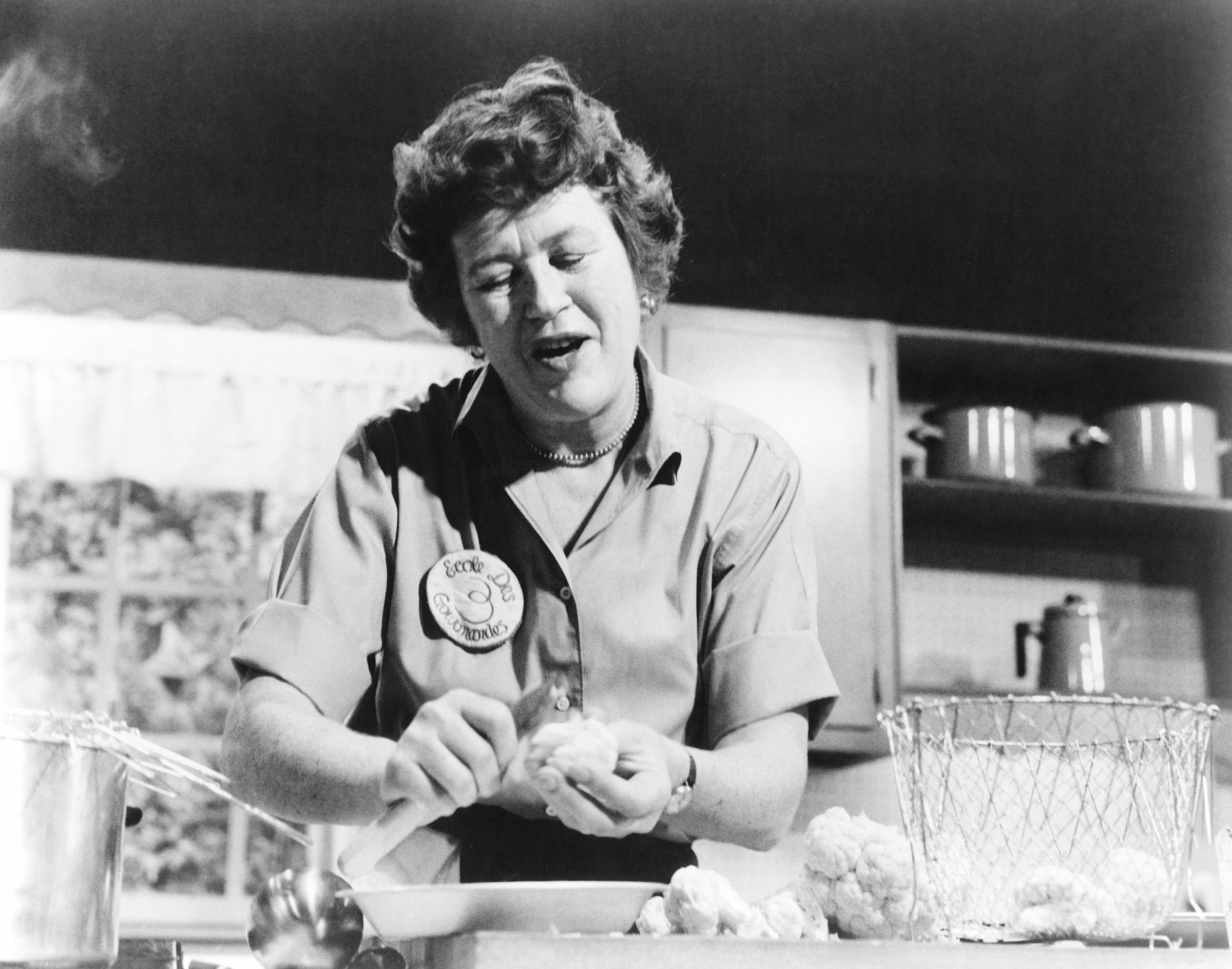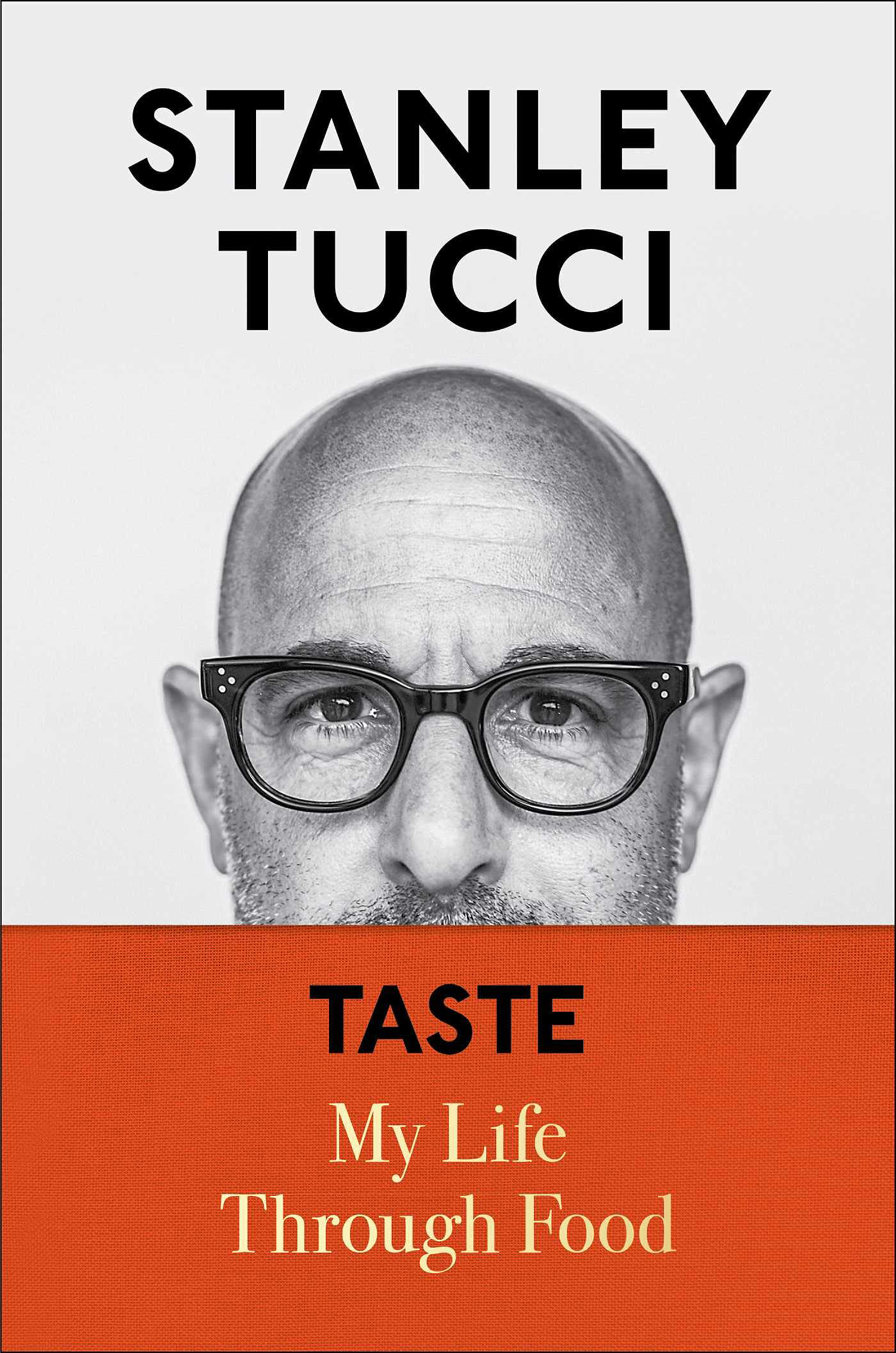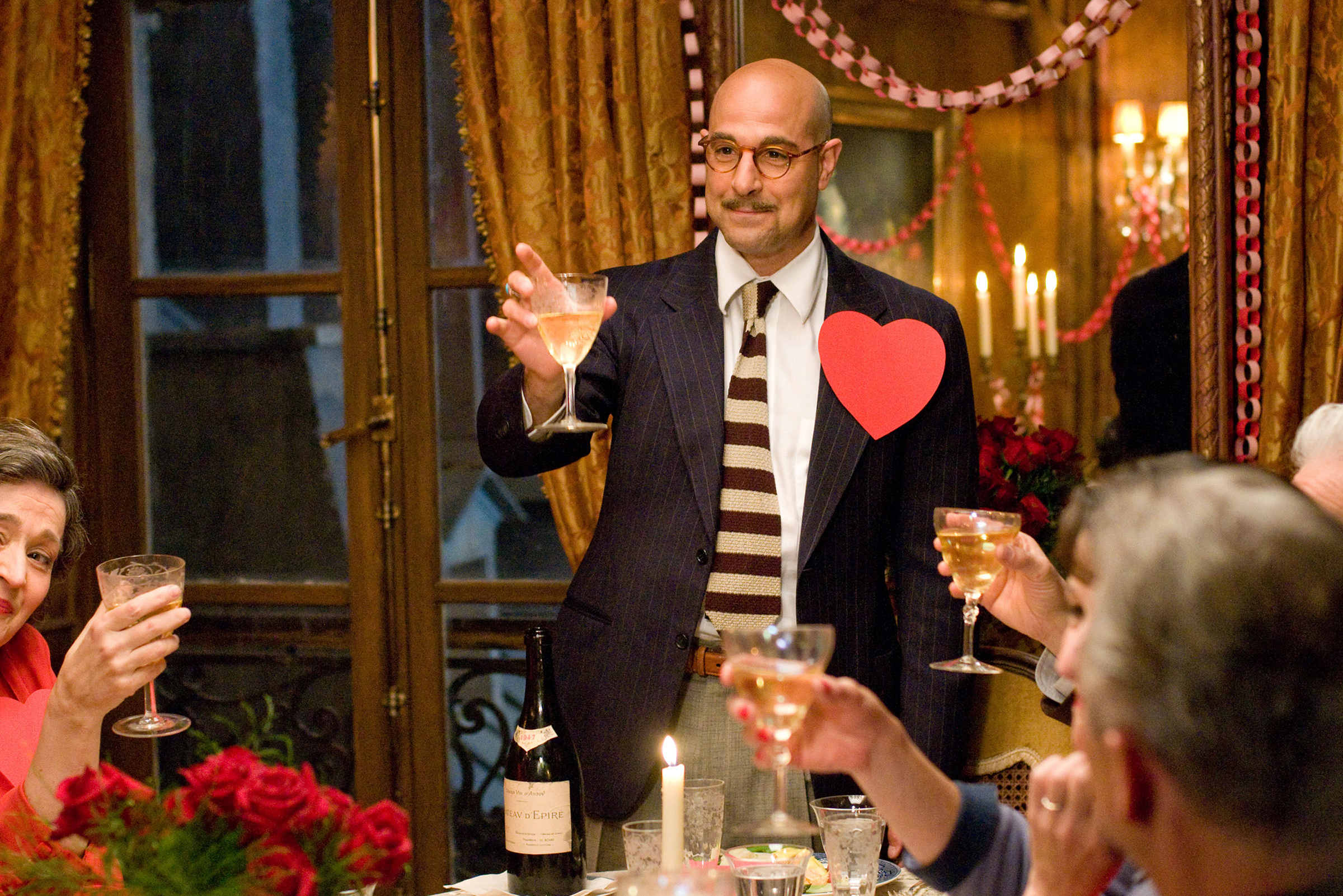
I remember my college acting teacher George Morrison telling us that audiences love to watch people eating, drinking or smoking on stage and screen. This always stuck with me. As usual, he was more than right. Having seen countless films and plays since those days, I know there is indeed something very compelling about watching someone carry out a very necessary mundane task. It humanizes them and therefore allows us to connect to them. It’s probably one of the reasons why there are so many cooking shows now. We want to see the process, either because it’s something we love to do ourselves or because it’s something we aspire to do. We also want to see the reaction to the result, because we aren’t there to taste it ourselves. Was all that effort worth it? Could I do that? And, perhaps most importantly, does it really taste as good as they’re saying it does?
This is a bit of a bugbear of mine. Whether it is an actor, a chef or a cook, I think you can always tell when someone isn’t really tasting something. You don’t have to look that closely to see that this happens too often. Before whatever is being eaten has touched the tongue of the chef/host/cook, they are rolling their eyes in ecstasy, moaning and shaking their head as if it’s the most delicious thing ever to have crossed their lips. To make matters worse, before they have even finished swallowing, the word “perfect” is sanctimoniously whispered.
Read More: Everyone’s in the Kitchen
All I can say is, no. Sorry. I don’t believe you. There is no possible way that you are actually tasting whatever you ate that quickly. And who the f–k ever, even brilliant chefs, makes something that is “perfect” right out of the gate every time? To see someone adjust seasoning or comment on what has worked or doesn’t work in a dish is a thousand times more interesting and instructive than watching them give themselves a clearly false pat on the back.

When someone really tastes something, whatever process happens in their mouth triggers a reaction in their eyes as well as the rest of their body. First, the body almost freezes, as though on high alert. Often their head will nod slowly, eyes darting back and forth. After all of this, which can happen in an instant or take quite some time, they will utter a sound of approval or disappointment, such as “Mmmm,” if they like it, or “Mnnnn,” if they don’t. They will then say something like, “Good. I like it,” or “I should have ordered the steak.”
Watch Julia Child taste something, and you’ll see what I mean.
Just as certain actors led me to acting, certain cooking show hosts are partly to blame for my heightened interest in the subject of food. The first is of course Child, the queen of culinary TV.
Child changed not only what Americans cooked and ate but also greatly impacted their diet of weekly television viewing. Her show The French Chef, which originally aired in 1963, was one of the first cooking shows on American television and lasted for 10 years. Watching her expertly debone a chicken or bake a Tarte Tatin, often making mistakes along the way, made viewers feel that they too could create such dishes themselves. Her achievements in the world of food are staggering, from her first and seminal work, Mastering the Art of French Cooking, to countless others, as well as season upon season of shows hosted either alone or with other great talents, like Jacques Pépin, about the art and craft of cooking.
Much has also been written about her, including Julie & Julia, a wonderful book that was made into a film of the same name in which I was fortunate enough to appear. It was a great honor to be asked by Meryl Streep and Nora Ephron to play the role of Paul Child. It was one of those rare working experiences, not unlike The Devil Wears Prada, that one wishes could be repeated. (Obviously there’s probably one reason for this, but I won’t give her the credit.)

Ever since I was very young, Child has always fascinated me. My mother tuned in to The French Chef religiously, and I remember watching it with her and loving it. I don’t know, however, if it was my mother’s keen interest in everything that Child did or Child’s keen interest in everything that she herself was doing that I found so captivating. However, I do know that watching The French Chef with my mom was a way to spend some time with her, because with three kids and a full-time job, she was incredibly busy. In fact, we would often watch the show when she was ironing or folding laundry, as just watching television without doing something productive simultaneously was anathema to her.
Read More: See Julia Child in France as Captured by Her Husband’s Camera
As Child was working away on a batch of crepes or making a souffle, my mother would comment out loud about her process. Asides such as “Huh, so that’s how you do that,” or “Well, I think that’s a little too much butter,” or “Isn’t she just so great?!” were heard as she flicked water from her fingers onto a cotton shirt neatly draped over the ironing board. My mother adored and admired Child and in turn imparted those feelings to me, along with an avid interest in how someone goes about cooking a meal.
To that point, I remember when visiting my parents years later, I happened to catch an old episode of The French Chef. Because my interest in food had grown, I watched it with even more attentiveness than I had when I was young. On this particular occasion, I was taken aback by my reaction when Child bid us her ubiquitous farewell, “This is Julia Child, bon appetit!” My eyes suddenly welled up and I had to stop myself from crying. Why was I suddenly experiencing a powerful rush of emotion because a black-and-white image of a chef was saying goodbye to me in French?
Read More: Happy 100th Birthday, Julia Child
After a few moments, I realized that I was moved by Child not only because she brought back happy boyhood memories of spending time with my mom but also because Child herself was so genuinely happy to be doing what she was doing. I saw in that moment the embodiment of what I, and so many of us, aspire to. To spend your life doing what you love and doing it well. To achieve this is a rare thing, but for those who can, real joy is theirs, as is the ability to bring that joy to others through their chosen vocation.
Although Child struggled in early adulthood to find a profession that suited her intellect, curiosity and lust for life, as well as one that would make her happy, she more than made up for it over the years, from the time she made her first omelet to the time she wished us all a final breathy “Bon appetit!” She also inspired and made millions of people the world over very happy, including a mother and son in Westchester, New York, over 50 years ago.
Excerpted from Taste: My Life Through Food by Stanley Tucci. Copyright © 2021 by Stanley Tucci. Reprinted by permission of Gallery Books, a Division of Simon & Schuster, Inc.
More Must-Reads from TIME
- Cybersecurity Experts Are Sounding the Alarm on DOGE
- Meet the 2025 Women of the Year
- The Harsh Truth About Disability Inclusion
- Why Do More Young Adults Have Cancer?
- Colman Domingo Leads With Radical Love
- How to Get Better at Doing Things Alone
- Michelle Zauner Stares Down the Darkness
Contact us at letters@time.com